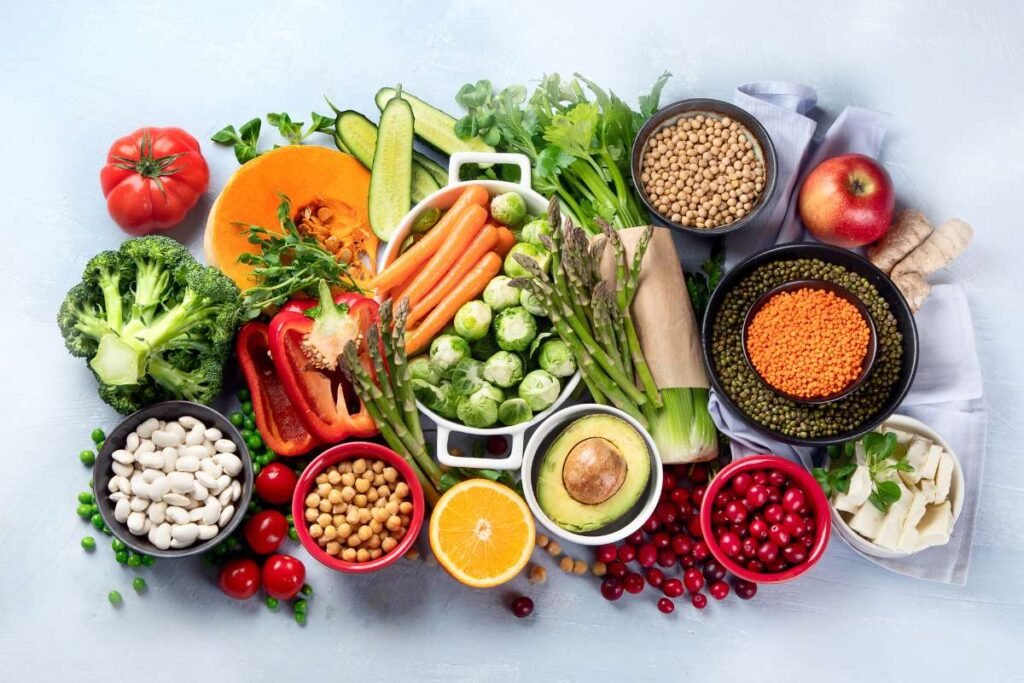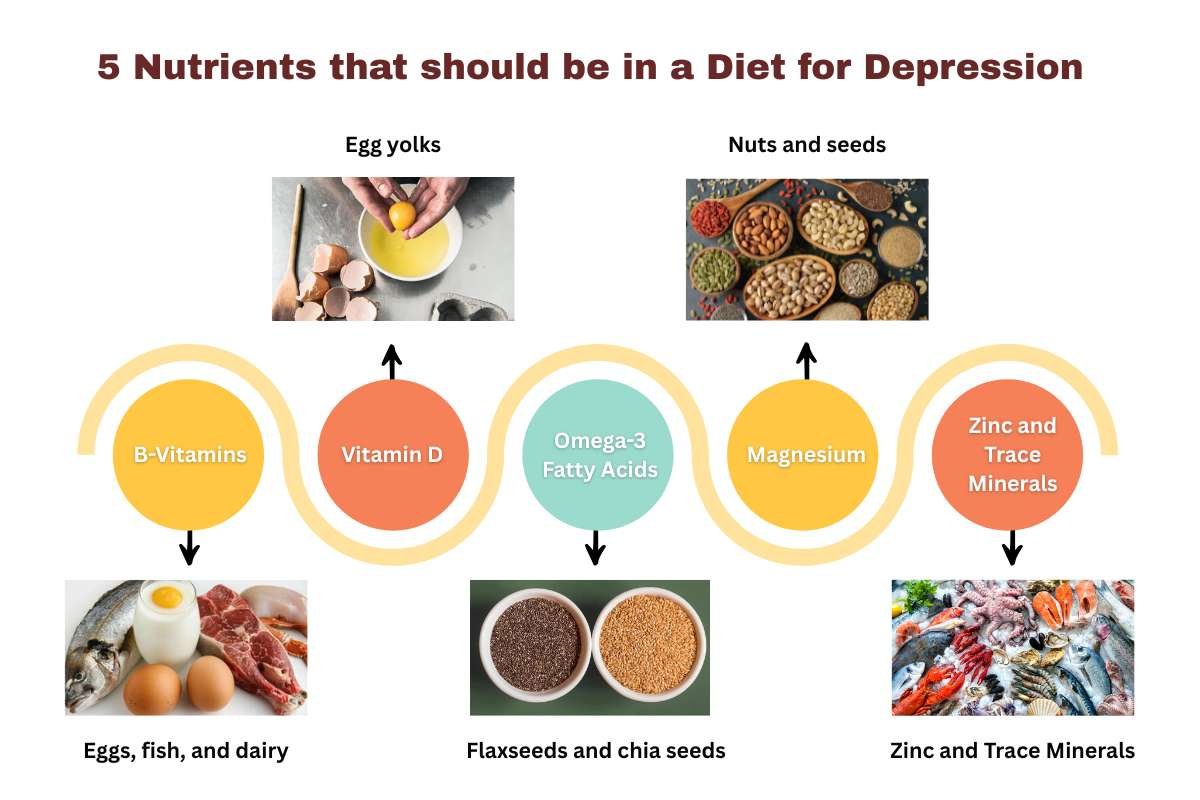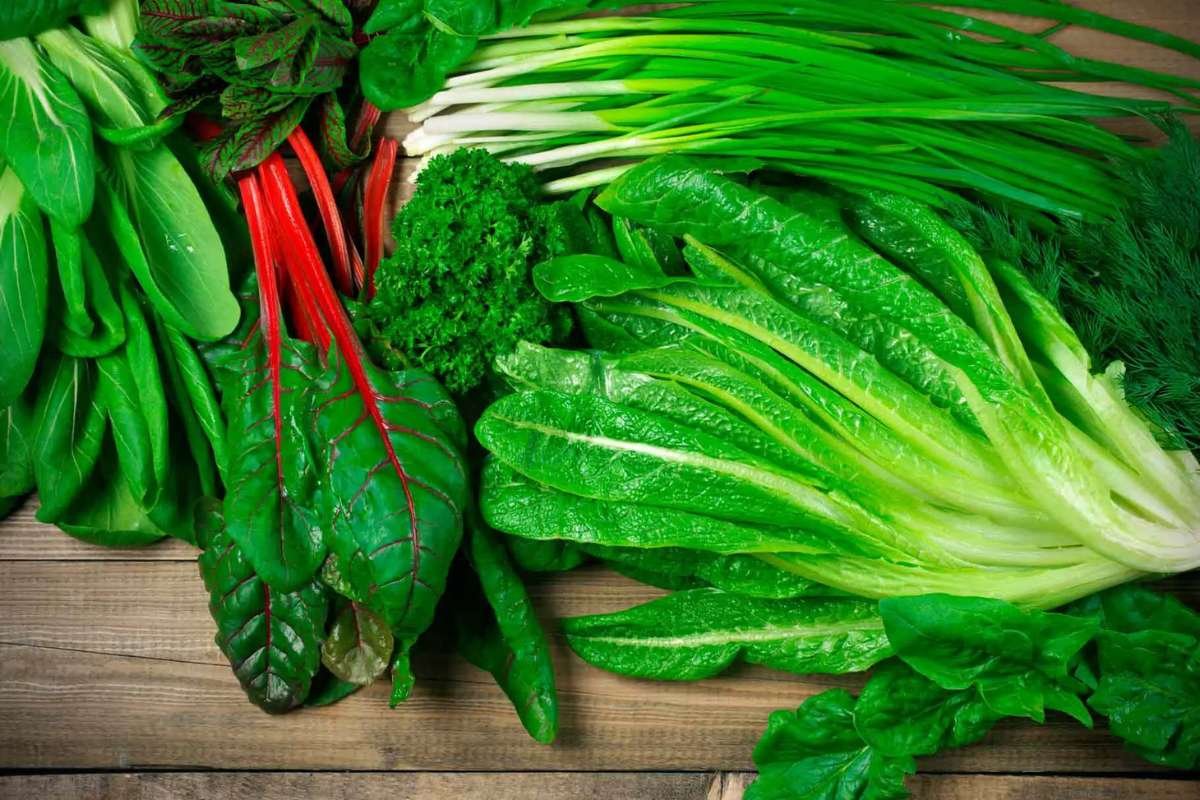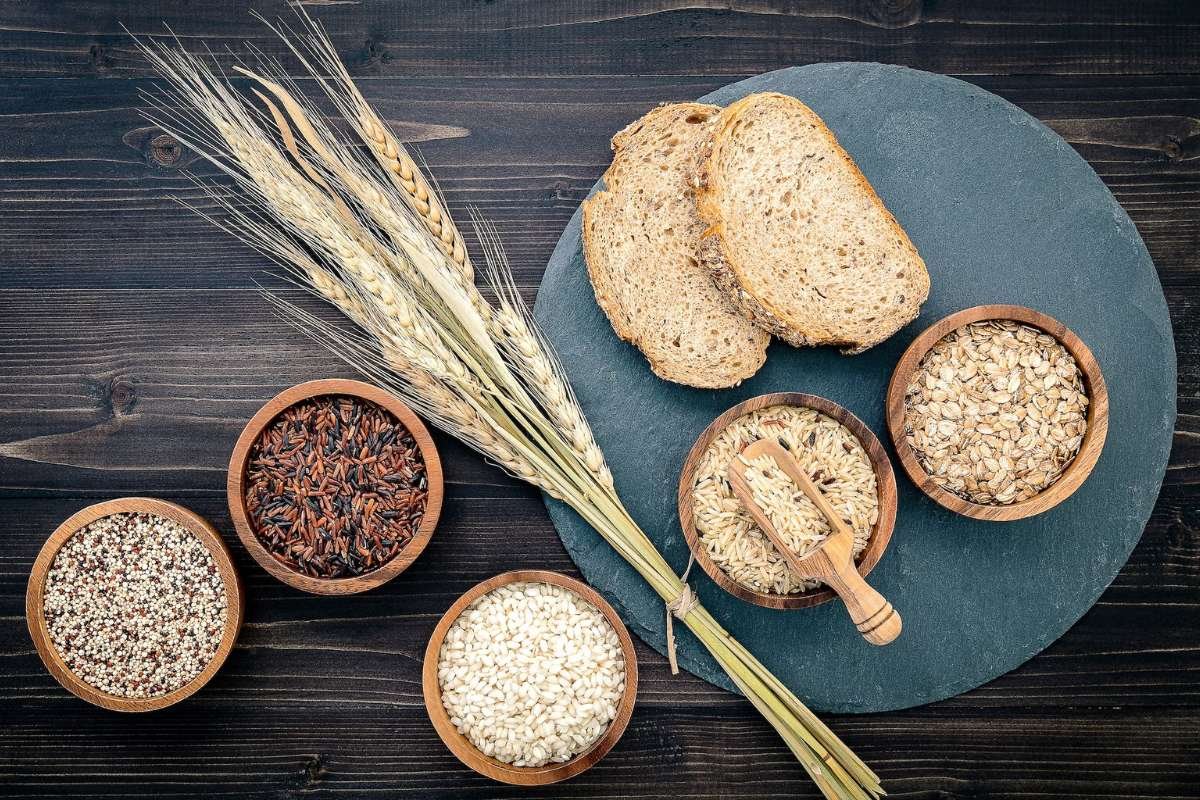Feeling Low? Creating a Diet for Depression Might Help You Bounce Back
Feeling Low? Creating a Diet for Depression Might Help You Bounce Back
A deficiency of nutrients like Vitamin B and D can make you feel depressed. Learn how small changes in your meals can make a big difference in your mental health.

- Source: -bit245
Feeling low or tired more often than usual? What you eat might have something to do with it. Your mood and your meals are more connected than you think. A healthy diet for depression can help improve energy levels, support brain function, and balance mood-related hormones.
Certain nutrients play a key role in how your brain works. When your diet includes foods that support mental health, you may start to feel more focused and emotionally stable. In this blog, we’ll explore how diet affects depression, which foods can lift your mood, and how to build a meal plan that supports emotional well-being.
Can a Diet for Depression Help?: The Connection Between The Mind and Food
What you eat affects more than just your body. It shapes how you feel. Researchers have found a clear link between a poor diet and a higher risk of depression. Diets filled with processed foods, sugar, and refined carbs can trigger inflammation and disrupt the brain’s chemical balance.
On the other hand, people who eat fruits, vegetables, fish, whole grains, and nuts often report better mood and energy levels. These foods support the brain’s ability to make serotonin, dopamine, and other mood-regulating chemicals.
A balanced diet is not a cure, but it can make recovery smoother. When your brain gets the right nutrients, it functions more clearly, helping you handle stress and stay motivated.
5 Nutrients that should be in a Diet for Depression

Even though there isn’t a fixed diet for depression, we can build a diet that focuses on increasing the nutrients whose deficiency can cause depression. So what are they?
1. B-Vitamins (B9, B12, B6, B1)
feastingathome.com
B vitamins are like fuel for your brain. They help your body make neurotransmitters such as serotonin and dopamine, which are the chemicals that control mood. A lack of these vitamins can lead to tiredness, poor focus, and sadness.
A study published in the National Library of Medicine** shows people with low folate (B9) or vitamin B12 often face a higher risk of depression. B1 and B6 also help your nerves and energy metabolism work properly, which is vital when you feel mentally drained.
Foods That Help:
- Spinach and lentils (B9): Folate helps your brain cells produce serotonin.
- Eggs, fish, and dairy (B12): They contain methylcobalamin, which supports nerve health and mood balance.
- Bananas, potatoes, and chickpeas (B6): These foods aid the conversion of tryptophan into serotonin.
- Whole grains and nuts (B1): Thiamine supports brain energy and nerve function.
Foods to Avoid:
- Refined grains: They lose most B vitamins during processing and can cause sugar spikes.
- Alcohol: It blocks the absorption of B12 and folate.
- Fast foods: High in calories but low in nutrients your brain needs to function.
| Meal | Ingredients required | Steps to make |
|---|---|---|
| Breakfast | Oatmeal (1 cup), milk, chopped nuts, spinach, 1 boiled egg | 1. Cook oatmeal in milk.2. Stir in chopped nuts and spinach.3. Put the sliced boiled egg on top. |
| Lunch | Lentil soup (lentils, carrot, tomato, onion, garlic), whole grain bread, side salad of greens | 1. Cook lentils with vegetables and seasoning.2. Toast whole-grain bread.3. Serve soup and salad side. |
| Snack | Yogurt, banana, almonds | 1. Take yogurt in a bowl.2. Slice a banana.3. Sprinkle almonds. |
| Dinner | Grilled fish (e.g., salmon or mackerel), brown rice, steamed broccoli, and side beans | 1. Grill fish with light oil, salt.2. Cook brown rice.3. Steam broccoli and beans.4. Serve fish over rice with veggies. |
| Evening snack | Whole-grain toast and nut butter | 1. Toast bread.2. Spread nut butter. |
2. Vitamin D
medpagetoday.com
Vitamin D acts like a hormone in the body. It helps regulate serotonin levels and reduces inflammation in the brain. Low vitamin D is often linked to seasonal depression, especially during winter when sunlight is limited.
Deficiency can make you feel low, anxious, or constantly tired because your brain cells rely on this vitamin for communication.
Foods That Help:
- Fatty fish (salmon, trout, sardines): Rich in vitamin D and omega-3s that lift mood.
- Egg yolks: A natural source of D and healthy fats.
- Fortified milk and orange juice: They boost D intake when sunlight is low.
- Mushrooms exposed to UV light: A great plant-based source of vitamin D2.
Foods to Avoid:
- Sugary snacks and sodas: They increase inflammation and reduce vitamin D absorption.
- Highly processed foods: Often replace nutrient-dense meals, lowering overall vitamin intake.
- Fried foods: Excess oil may interfere with vitamin D metabolism.
| Meal | Ingredients required | Steps to make |
|---|---|---|
| Breakfast | Fortified milk (or plant milk), whole grain toast, egg | 1. Make a scrambled or boiled egg.2. Toast bread.3. Have milk as a drink. |
| Lunch | Grilled salmon, sweet potato, mixed greens salad | 1. Grill salmon.2. Bake sweet potato.3. Toss salad greens with olive oil and lemon. |
| Snack | Yogurt or fortified plant yogurt, fruit | 1. Mix yogurt with fruit of choice (berries, melon). |
| Dinner | Mushroom stir-fry (UV-exposed mushrooms, bell pepper, onion), quinoa | 1. Stir-fry mushrooms, pepper, and onion.2. Cook quinoa.3. Combine and season. |
| Evening snack | Hard-boiled egg or a few nuts | 1. Boil an egg or eat nuts plain. |
3. Omega-3 Fatty Acids
realsimple.com
Omega-3 fats are essential for brain structure and function. They reduce inflammation and help brain cells communicate effectively. People with low omega-3 levels often have higher rates of depression and anxiety.
EPA and DHA, found mainly in fish, help regulate neurotransmitters like serotonin and dopamine.
Foods That Help:
- Salmon, sardines, mackerel: Provide EPA and DHA to support mood balance.
- Flaxseeds and chia seeds: Offer plant-based ALA, which converts to omega-3s.
- Walnuts: Contain both omega-3s and antioxidants.
- Algae oil: A vegan alternative to fish-based sources.
Foods to Avoid:
- Trans fats: Found in margarine and processed snacks, they block omega-3 benefits.
- Fried and oily fast food: They raise inflammation, undoing omega-3’s positive effects.
- Excess omega-6 oils (corn, soybean): Too much can upset fatty acid balance.
| Meal | Ingredients required | Steps to make |
|---|---|---|
| Breakfast | Oatmeal, flaxseed, walnuts, milk | 1. Cook oatmeal.2. Mix in ground flaxseed and walnuts. 3. Add milk if needed. |
| Lunch | Sardine salad (canned sardine, greens, tomato, olive oil), whole grain crackers | 1. Mix sardines with salad greens.2. Dress with olive oil and lemon.3. Serve with crackers. |
| Snack | Walnut + fresh fruit | 1. Eat a handful of walnuts.2. Pair with an apple or berries. |
| Dinner | Grilled mackerel, steamed veggies, brown rice | 1. Grill mackerel. 2. Steam veggies. 3. Serve with rice. |
| Evening snack | Chia pudding (chia, milk, a little sweetener) | 1. Mix chia in milk, rest until gelled. 2. Serve cold. |
4. Magnesium

laespanolaoliveoil.com
Magnesium is known as the “relaxation mineral.” It helps control stress hormones, nerve function, and sleep. When magnesium levels drop, your brain becomes more sensitive to stress. That can trigger symptoms of anxiety and depression.
It also plays a role in serotonin production, making it a must-have in any diet for depression.
Foods That Help:
- Leafy greens (spinach, Swiss chard): High in magnesium, which calms your nervous system.
- Nuts and seeds: Almonds and pumpkin seeds supply magnesium and healthy fats.
- Beans and legumes: They add fiber and minerals that support gut and brain health.
- Whole grains: Brown rice and oats help maintain steady energy levels.
Foods to Avoid:
- Sugary drinks: They cause magnesium loss through urine.
- Refined carbs: White rice and pastries lack minerals.
- Caffeine overload: Too much coffee can deplete magnesium stores.
| Meal | Ingredients required | Steps to make |
|---|---|---|
| Breakfast | Oats, milk, almond butter, banana | 1. Cook oats.2. Stir in almond butter.3. Top with banana slices. |
| Lunch | Spinach salad (spinach, beans, nuts, olive oil, lemon) + whole grain bread | 1. Toss spinach, beans, and nuts.2. Dress with olive oil & lemon.3. Serve with whole-grain bread. |
| Snack | Trail mix (pumpkin seeds, almonds, dried fruit) | 1. Mix seeds, nuts, and some dried fruit.2. Eat a small portion. |
| Dinner | Chickpea curry + brown rice + steamed kale | 1. Cook chickpea curry with spices.2. Cook rice.3. Steam kale.4. Serve together. |
| Evening snack | Dark chocolate (70%), small piece, warm milk | 1. Break a small piece.2. Drink milk. |
5. Zinc and Trace Minerals (Selenium, Iodine)

nutritionsource.hsph_.harvard.edu
Zinc supports brain development and nerve signaling. Selenium and iodine help your thyroid function, which regulates energy and mood. When these minerals are low, people may experience low motivation, fatigue, or sadness.
Zinc also plays a part in brain repair and immune balance, which can affect emotional stability.
Foods That Help
- Seafood (oysters, shrimp): Rich in zinc for brain and immune support.
- Eggs and poultry: Contain zinc and selenium that improve mood.
- Brazil nuts: Just one or two a day meet your selenium needs.
- Whole grains and dairy: Add small but steady amounts of zinc
Foods to Avoid
- Highly processed foods: They lack trace minerals and add harmful trans fats.
- Too much salt: Excess sodium affects iodine balance.
- Sugary desserts: High sugar interferes with zinc absorption.
| Meal | Ingredients required | Steps to make |
|---|---|---|
| Breakfast | Fortified cereal or whole grain porridge, milk, Brazil nuts (1–2) | 1. Cook cereal.2. Pour in milk.3. Top with Brazil nuts. |
| Lunch | Shrimp stir-fry (shrimp, mixed vegetables, garlic, olive oil) + whole grain noodles | 1. Sauté garlic in oil.2. Add shrimp and vegetables.3. Cook noodles separately and mix. |
| Snack | Hard-boiled egg and carrot sticks | 1. Boil an egg.2. Slice the carrot.3. Eat together. |
| Dinner | Turkey or chicken breast, quinoa, steamed spinach, and side mushrooms | 1. Grill chicken.2. Cook quinoa.3. Steam spinach and mushrooms.4. Serve together. |
| Evening snack | Yogurt or cheese slice | 1. Take yogurt or a slice of cheese. |
Building a Diet for Depression That Lasts
Creating a diet for depression is about small, steady choices. Add leafy greens, fish, nuts, and legumes to your meals. According to a study published in Frontiers in Nutrition, a Mediterranean diet had a 42–73% lower risk of depression. Cut down on refined carbs, sugary snacks, and processed foods. Drink enough water and stay active for better mood balance.
Eating well gives your brain the nutrients it needs to think clearly, feel calm, and stay energized. Combine this with therapy, social support, and sleep for the best results.
Conclusion:
If you’ve made it this far, you already know how much your food choices can shape your mood. A healthy diet for depression isn’t about cutting everything out; it’s about adding more of what your brain truly needs. Small changes like eating more fruits, veggies, and whole foods can boost your energy and emotional balance. When paired with therapy, rest, and movement, these habits can help you feel more like yourself again. Every meal is a small step toward a calmer, brighter you.
FAQ
1. How long does it take for dietary changes to affect mood?
A. It varies, but many people notice improved energy and mood within a few weeks of consistent healthy eating.
2. Should I talk to a doctor before changing my diet for depression?
A Yes. Always consult a doctor or nutritionist before making major dietary changes, especially if you’re taking medication or have other health conditions.
3. Can a diet alone treat depression?
A. A healthy diet for depression can support your treatment, but it’s not a cure by itself. Combining a nutritious diet with therapy, exercise, and proper sleep gives the best results.
Also Read :- Could These Vegan Low Carb Meals Transform Your Health? The Secret to Why They Work